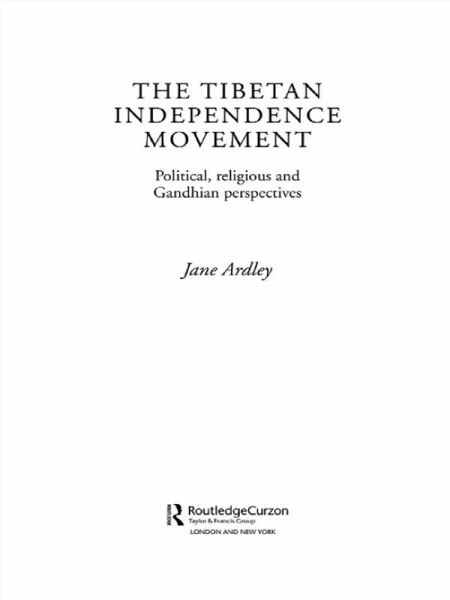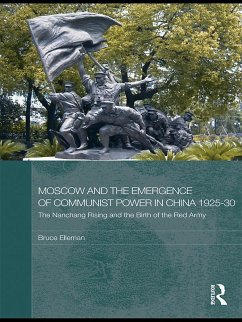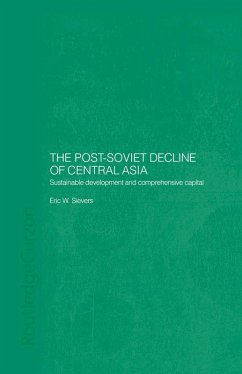
The Tibetan Independence Movement (eBook, ePUB)
Political, Religious and Gandhian Perspectives
Versandkostenfrei!
Sofort per Download lieferbar
49,95 €
inkl. MwSt.
Weitere Ausgaben:

PAYBACK Punkte
25 °P sammeln!
Tibet has been occupied for over fifty years, yet no progress has been made in solving the Tibetan problem. The first serious analysis of the Tibetan independence movement, this book is also the first to view the struggle from a comparative perspective, making an overt comparison with the Indian independence movement. It rectifies the problem that the Tibetan independence movement is not taken seriously from a political perspective. The book is particularly concerned with the relationship between Buddhism and Tibetan politics and resistance, comparing this with the relationship between Hinduis...
Tibet has been occupied for over fifty years, yet no progress has been made in solving the Tibetan problem. The first serious analysis of the Tibetan independence movement, this book is also the first to view the struggle from a comparative perspective, making an overt comparison with the Indian independence movement. It rectifies the problem that the Tibetan independence movement is not taken seriously from a political perspective. The book is particularly concerned with the relationship between Buddhism and Tibetan politics and resistance, comparing this with the relationship between Hinduism and Gandhian political thought. It also expands on the limited literature concerning violent resistance in Tibet, examining guerilla warfare and the hunger strike undertaken by the Tibetan Youth Congress in 1998, rejecting the 'Shangri-la-ist' approach to Tibetan resistance.
Dieser Download kann aus rechtlichen Gründen nur mit Rechnungsadresse in A, B, BG, CY, CZ, D, DK, EW, E, FIN, F, GR, HR, H, IRL, I, LT, L, LR, M, NL, PL, P, R, S, SLO, SK ausgeliefert werden.













